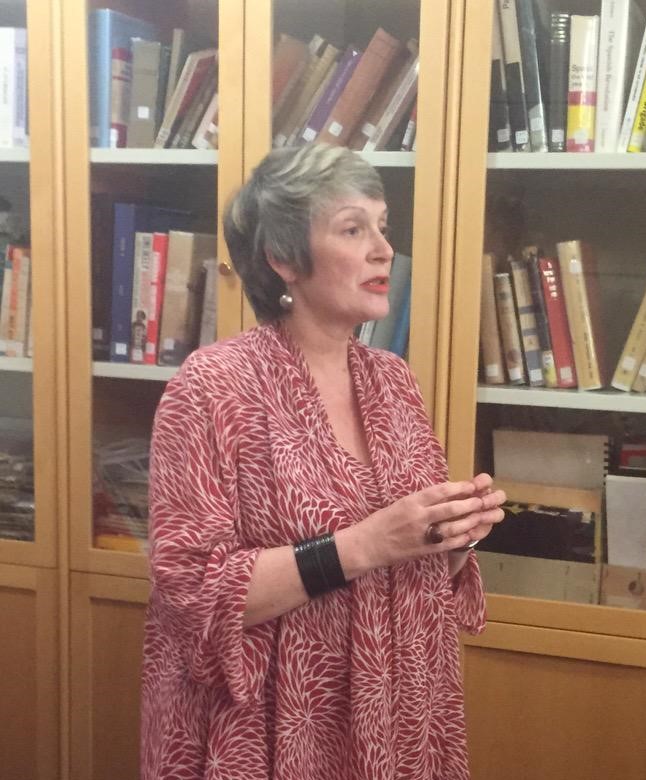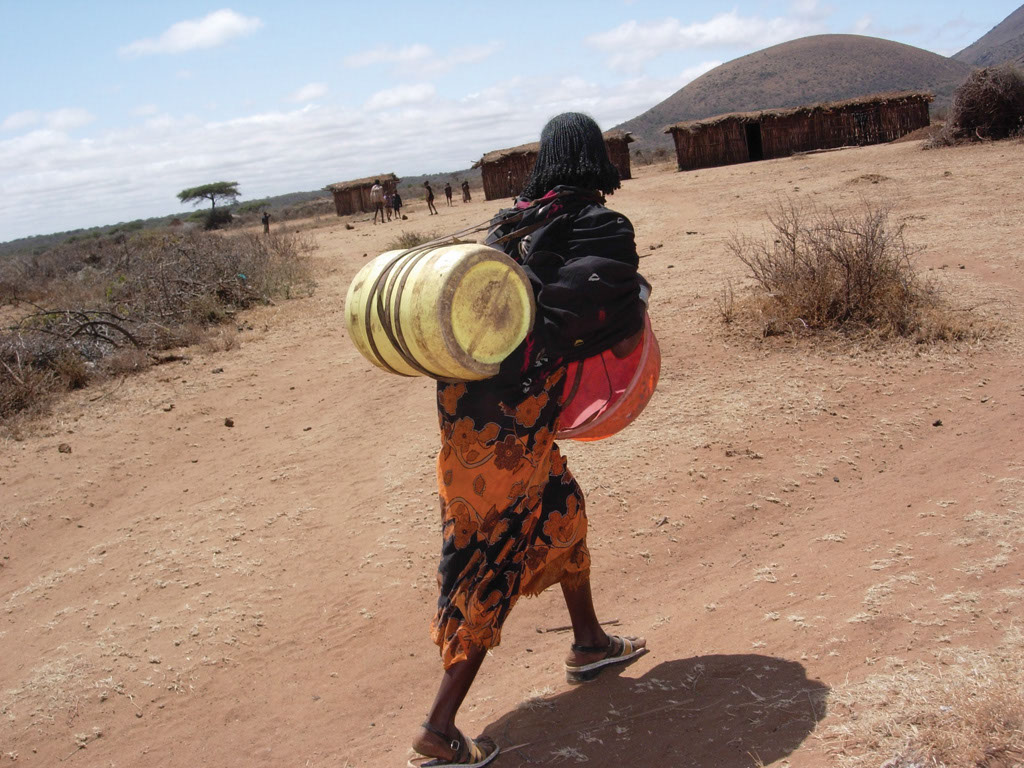
Access to clean water, for drinking and sanitation, is denied to a growing number of people in many countries. According to the World Health organisation half the population of the world will live in water-stressed areas by 2025. Parts of Africa are already experiencing the effects of severe water scarcity – caused by a combination of climate change, the impact of interference with river catchments, industrial pollution of water sources, and urbanisation unsupported by infrastructure, as well as the effects of conflict on public health provision.
Approximately one in three of the continent’s population are affected, with several countries including Chad, Egypt, Ethiopia, and Somalia being among the most water-deprived on the planet. What is needed, as the COVID-19 crisis
and recent Ebola outbreaks have demonstrated, is investment in public infrastructure. Stiff fines for mega-polluters must help to cover the cost. Multinational mining corporations listed on the london Stock Exchange control over $1 trillion in 37 countries of sub-Saharan Africa. Ultimately, their operations must be nationalised so that income from high-value resource extraction can be used not to amass private fortunes but to meet people’s basic needs.
Water in vast quantities is also vital for agriculture, industry, and as a source of power. Water rights are set to become highly contentious internationally, with water replacing oil as the most fought-over prize in the resource wars of the future. A glimpse of how this might look is afforded by current tensions between the governments of Egypt, Sudan, and Ethiopia over the Grand Ethiopian Renaissance Dam (GERD) on the Blue Nile. When complete, the GERD will be the largest hydroelectric plant in Africa and one of the biggest in the world. But Egypt and Sudan are downstream of Ethiopia and their water supply, including for irrigation, is under threat. The scale of the concern is indicated by the fact that 85% of the water that enters Egypt comes through Ethiopia. Addis Ababa, however, wants control. Its economy and infrastructure desperately need the electrical output. China, Ethiopia’s biggest trading partner, is set to run power lines to the plant and build an electric railway linking land-locked Ethiopia with the seaports of Djibouti – a true lifeline.
Egypt, backed by the US, has long put barriers in the way of the project and even allegedly threatened to sabotage construction. Addis Ababa, khartoum, and Cairo have, however, been in talks ‘facilitated’ by the US and World Bank, on how and over what period the dam should become operational without affecting flow downstream. Egypt is demanding an on-site monitoring facility; Ethiopia says this would breach its sovereignty. After the US intervened directly tensions between Addis Ababa and Cairo heightened. Egypt and Sudan have argued that Ethiopia should not put any water in the structure without reaching a tripartite agreement. Ethiopia has responded to the effect that it has no need of anyone else’s permission to fill its own dam and will begin to do so in July. In mid-May Cairo complained to the UN Security Council and has now accused Ethiopia of holding Egypt hostage.
Aside from a warning of the kind of tension and dangerous flare ups that might lie ahead, what the affair demonstrates is that retreat into national isolationist positions will never produce a solution. A democratic and peaceful future depends on planned management of the vital resources that are shared between countries. Their governments must be able to so engage without the predatory interference of the US, capitalist financial institutions and the monopolies scrambling to control Africa’s resources.
Liz Payne
Chair
Communist Party
This article first featured in the Communist Party’s June 2020 International Bulletin.



